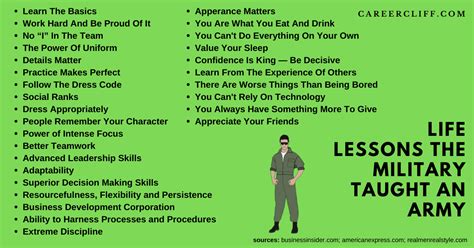Health Informatics Careers
Introduction to Health Informatics Careers
Health informatics is a rapidly growing field that combines healthcare and information technology to improve patient care and outcomes. With the increasing demand for digital health solutions, careers in health informatics have become highly sought after. In this field, professionals work to design, develop, and implement technology systems that support the collection, analysis, and dissemination of health data. This enables healthcare providers to make informed decisions, reduce errors, and enhance the overall quality of care. Health informatics careers offer a wide range of opportunities for individuals with diverse backgrounds and skills.Types of Health Informatics Careers
There are various career paths in health informatics, each with its own unique responsibilities and requirements. Some of the most common types of health informatics careers include: * Health Information Manager: responsible for overseeing the collection, analysis, and dissemination of health data * Clinical Informatics Specialist: works with healthcare providers to design and implement clinical information systems * Health Informatics Consultant: provides expertise to healthcare organizations on the selection and implementation of health information systems * Medical Informatics Researcher: conducts research on the application of information technology in healthcare * Health Data Analyst: analyzes health data to identify trends and patterns, and provides insights to healthcare providersEducation and Training Requirements
To pursue a career in health informatics, individuals typically need to have a strong foundation in both healthcare and information technology. A bachelor’s degree in a related field such as health information management, computer science, or healthcare administration is often required. However, many health informatics professionals also hold advanced degrees, such as master’s or doctoral degrees, in fields like health informatics, medical informatics, or healthcare information systems. Certifications like the Certified Health Data Analyst (CHDA) or the Certified Professional in Healthcare Information and Management Systems (CPHIMS) can also be beneficial in advancing one’s career.Key Skills and Competencies
To succeed in a health informatics career, individuals need to possess a combination of technical, analytical, and communication skills. Some of the key skills and competencies required include: * Strong understanding of healthcare operations and clinical practices * Proficiency in programming languages and software applications * Data analysis and interpretation skills * Excellent communication and interpersonal skills * Ability to work collaboratively with healthcare providers and other stakeholders * Familiarity with healthcare regulations and standards, such as HIPAA and ICD-10Job Outlook and Salary Range
The job outlook for health informatics careers is extremely positive, with the demand for health informatics professionals expected to grow significantly in the coming years. According to the Bureau of Labor Statistics, employment of health information technicians is projected to grow 13% from 2020 to 2030, faster than the average for all occupations. The salary range for health informatics careers varies depending on the specific job title, location, and level of experience. However, here are some approximate salary ranges for different health informatics careers:| Job Title | Salary Range |
|---|---|
| Health Information Manager | 80,000 - 120,000 |
| Clinical Informatics Specialist | 70,000 - 110,000 |
| Health Informatics Consultant | 90,000 - 140,000 |
| Medical Informatics Researcher | 60,000 - 100,000 |
| Health Data Analyst | 50,000 - 90,000 |
📝 Note: These salary ranges are approximate and can vary depending on factors like location, experience, and industry.
Real-World Applications of Health Informatics
Health informatics has numerous real-world applications that are transforming the healthcare industry. Some examples include: * Electronic health records (EHRs) that enable secure and efficient sharing of patient data * Telemedicine platforms that facilitate remote patient consultations and monitoring * Clinical decision support systems that provide healthcare providers with evidence-based guidelines and recommendations * Health information exchanges (HIEs) that enable the sharing of health data across different healthcare organizations * Personalized medicine initiatives that use data analytics and genomics to tailor treatment plans to individual patientsIn summary, health informatics careers offer a wide range of opportunities for individuals who are passionate about improving healthcare through technology. With the increasing demand for digital health solutions, these careers are expected to continue growing in the coming years. By understanding the different types of health informatics careers, education and training requirements, key skills and competencies, job outlook, and salary range, individuals can make informed decisions about pursuing a career in this exciting field. The real-world applications of health informatics are transforming the healthcare industry, and professionals in this field are playing a critical role in shaping the future of healthcare.
What is health informatics?
+
Health informatics is the application of information technology to improve healthcare outcomes, patient care, and healthcare operations.
What are some common health informatics careers?
+
Some common health informatics careers include health information manager, clinical informatics specialist, health informatics consultant, medical informatics researcher, and health data analyst.
What is the job outlook for health informatics careers?
+
The job outlook for health informatics careers is extremely positive, with the demand for health informatics professionals expected to grow significantly in the coming years.


